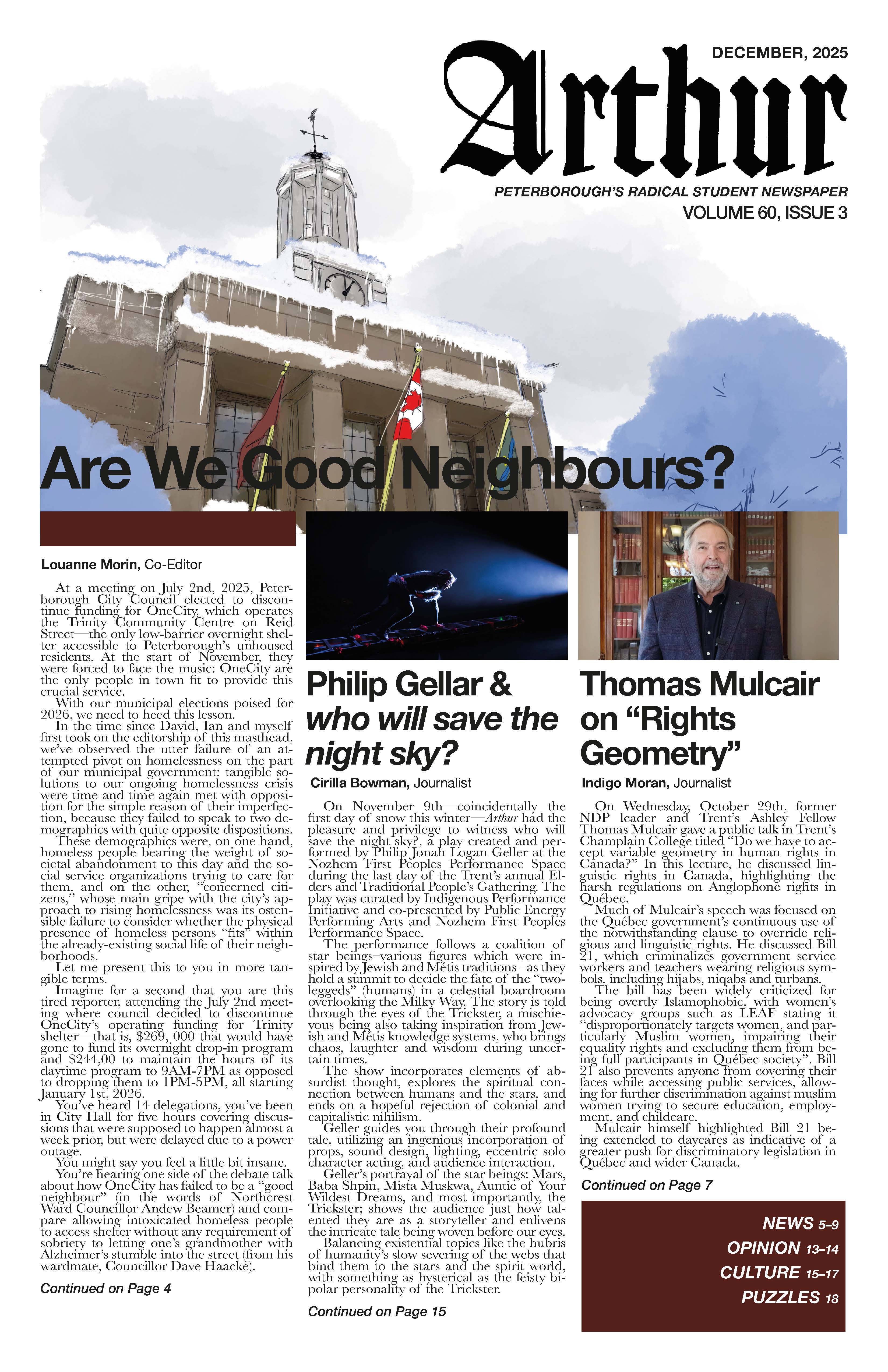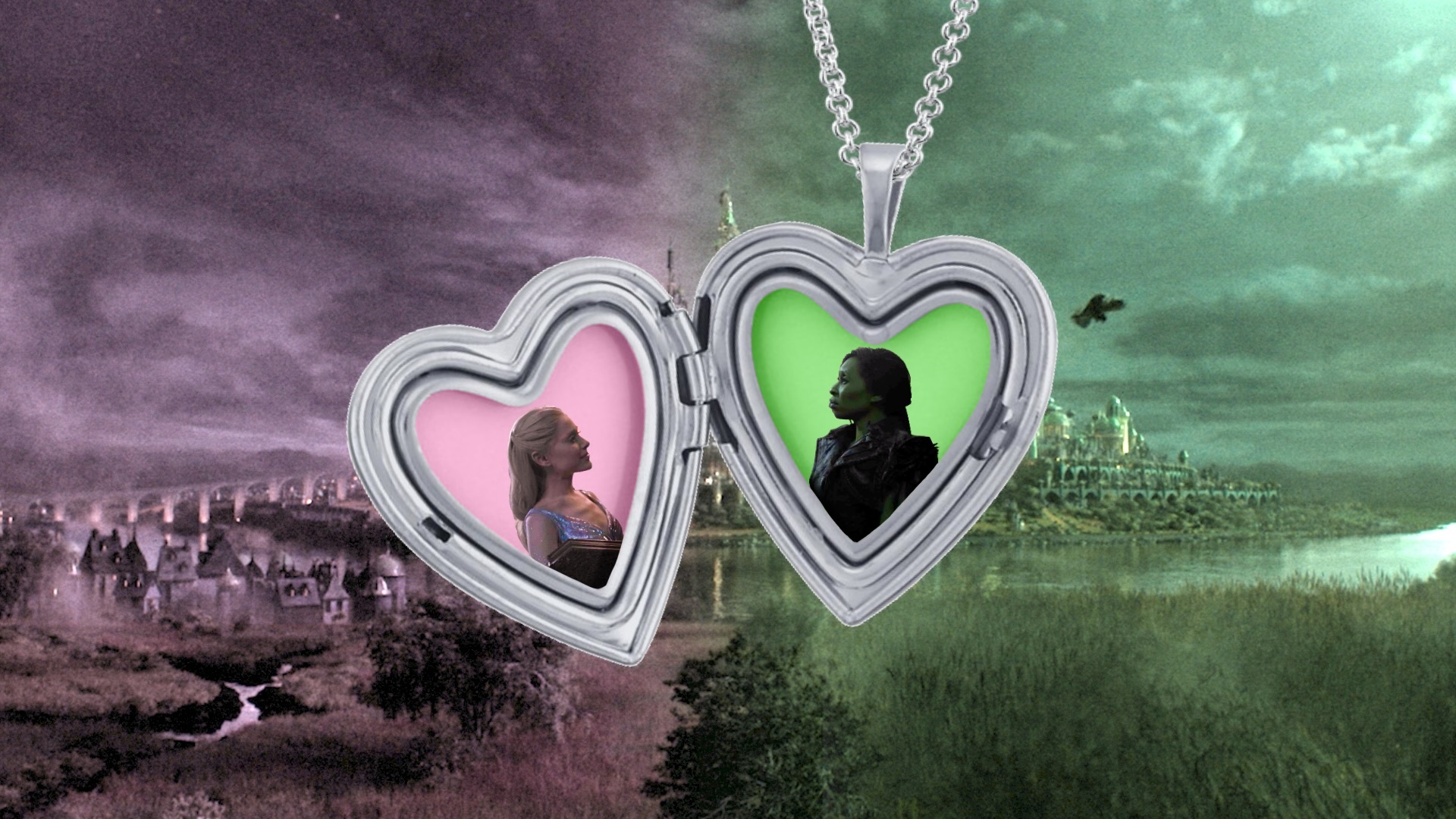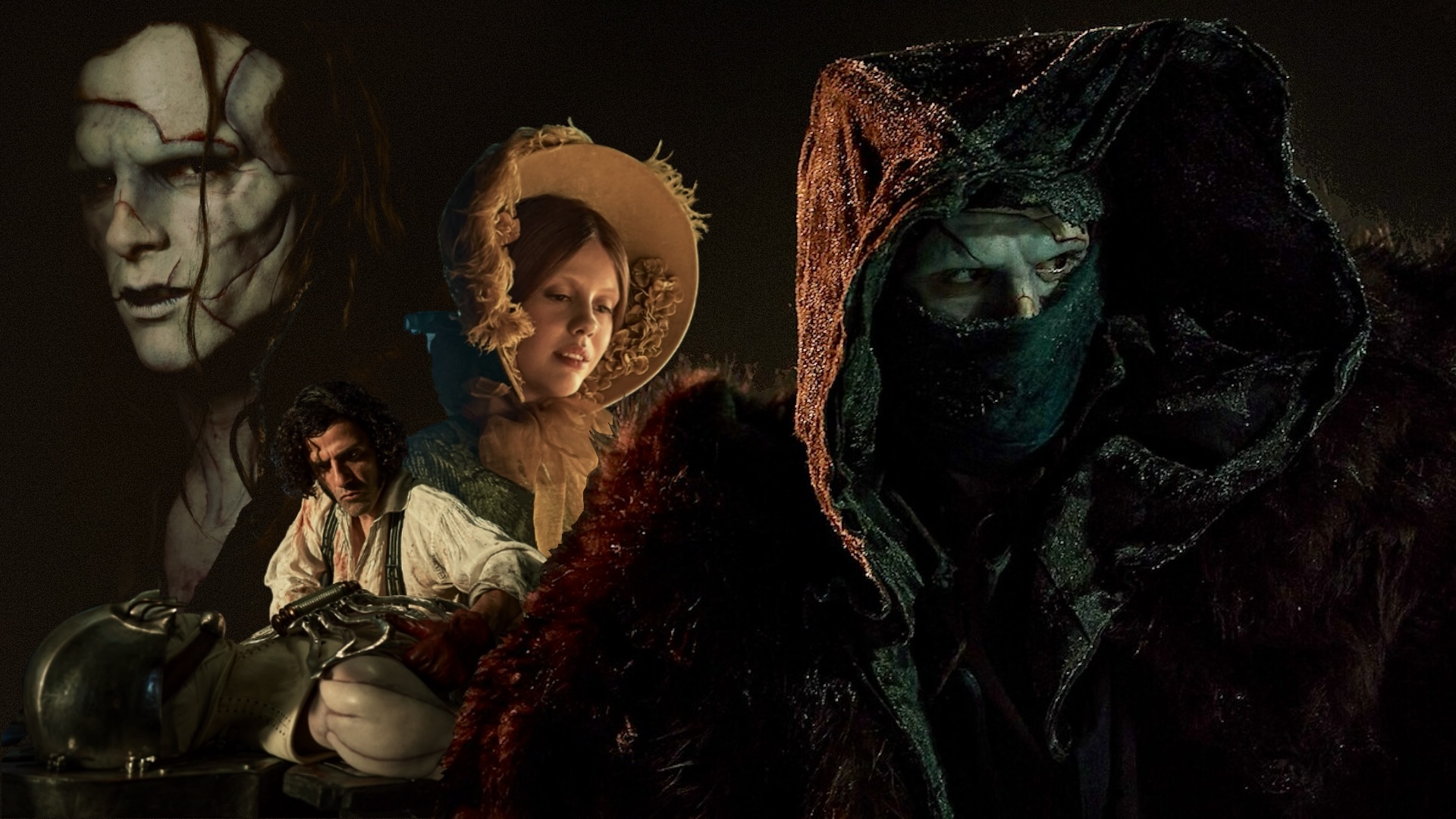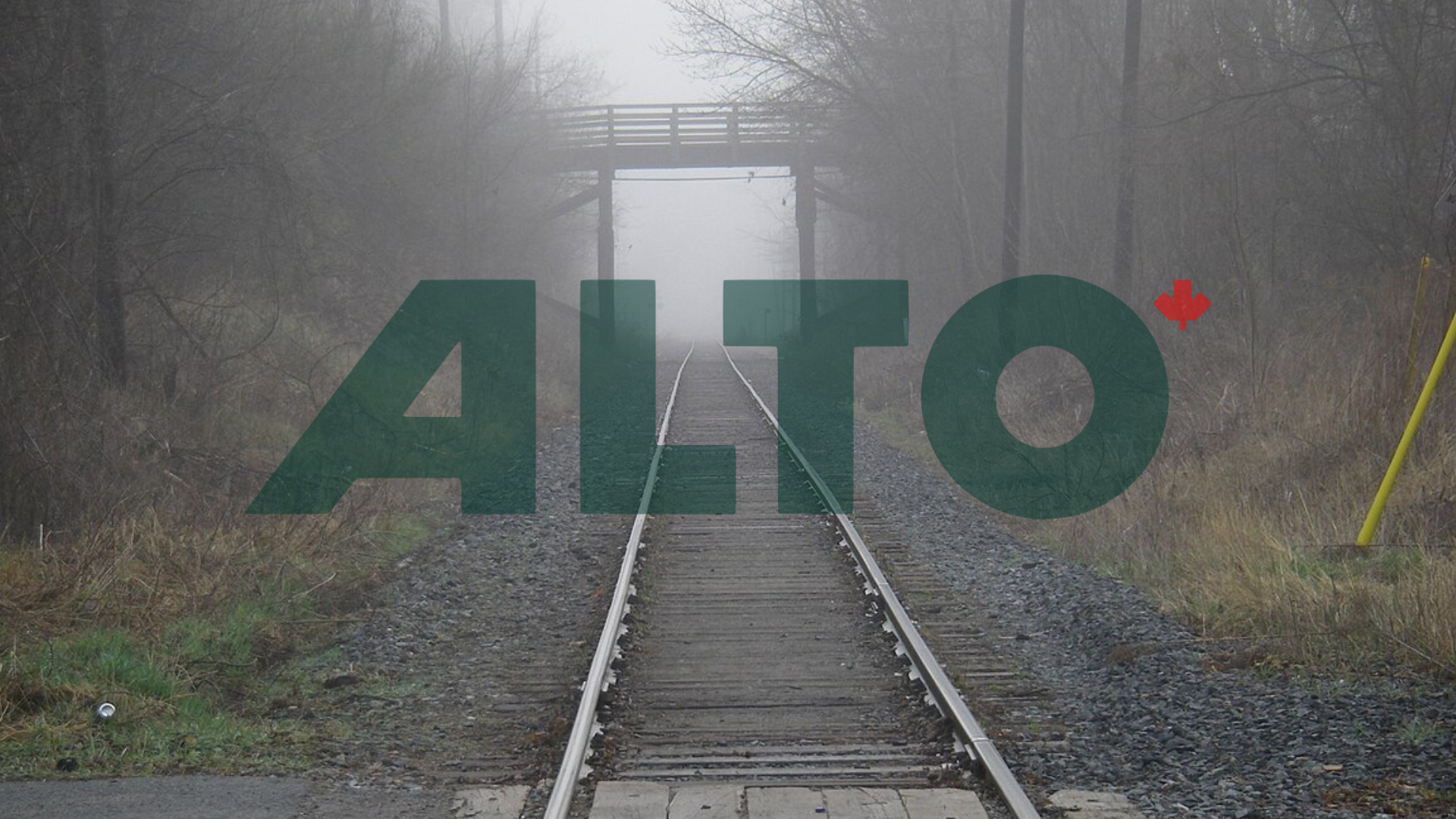When I first started Fallout New Vegas on the PS3 my brother handed down, I had no idea what I was in for. Back then, the Fallout series was something I hadn’t heard about. At that point I was solely interested in The Elder Scrolls series; Oblivion and Morrowind were both games I had hours of gameplay invested in, and since Fallout 3 was made by the same folks, I figured I’d give them a try, and thus I was introduced to the phrase that ties together the entire series; war. War never changes.
Featuring a post-apocalyptic setting, Fallout takes place in an alternate universe from our own in which the computer chip was never invented and the style of a post-war 1950’s society stuck around well into the following century. Then a resource shortage started the Sino-American war, in which China and the United States started a fight over the last remaining resources in the world. Fuel ran out in 2060, and in 2066 the Chinese invaded Anchorage, Alaska for the last stores of oil. The war carried on and the United States made breakthroughs in nuclear fusion power to make up for the lack of fuel. The war lasted for a decade; in 2077 the United States liberated Alaska and in response, the Chinese dropped nuclear bombs across the United States. However, years before this attack, in response to a plague and political instability throughout the world, the U.S. government put funds into project “Safehouse,” in which a company named Vault-Tec was tasked with building over 100 underground bunkers named “vaults” to save humanity in case of a holocaust (referring not to The Holocaust, but to a holocaust, defined as destruction or slaughter on a mass scale, especially caused by fire or nuclear war). In the end, Vault-Tec created 122 vaults, made to save only a small fraction of the US population. When nuclear detonation occurred in 2077, all eligible people fled to the vaults, taking shelter for decades until the nuclear radiation lessened enough for the remaining human population to leave and start anew in a post-nuclear world.
The world after these events was obviously vastly different; radiation storms, mutated animals and collapsed remains of pre-nuclear buildings were all that endured. Those unfortunate enough to not be in a vault when detonation occurred were either killed instantly or mutated into zombie-like, immortal creatures called ghouls, some of which lost their minds and became feral monsters who would attack any non-ghoul creature. Others maintained their sanity and lived long enough to see the non-mutated people emerge unscathed from the vaults. Unfortunately, due to pre-planned science experiments that Vault-Tec executed in almost every vault, many of those inhabitants never made it out. Some only made it out as super mutants who evolved due to a virus they were exposed to in these experiments. Others went insane due to social experiments, such as a single man placed in a vault by himself with nothing but puppets. Only specific vaults were spared from these experiments, including vault 76, which was one of the first to open and have humans start settling again in the wasteland.
Each Fallout game takes place somewhere in the post-nuclear apocalyptic United States; unfortunately, none have taken place in Canada yet, despite it being canonically annexed by the U.S. and having also been struck with nuclear warheads. Fallout New Vegas, the title in question, takes place in Nevada in 2281, around 204 years after the war. New Vegas has a vast political component in comparison to the other games and has four different ending options depending on which political route you as a player decided to take. Your choices consist of ‘Independent,’ ‘Mr. House,’ ‘NCR,’ and ‘Caesar’s Legion’.
Mr. House is the faceless ruler of New Vegas, ruling with an iron fist and his army of Securiton robots over a seemingly untouched Vegas, a glowing oasis of sin for those rich enough during the apocalypse (it’s funny imagining that capitalism survives even a nuclear apocalypse). Then comes the NCR - the New California Republic. Started in California, the NCR began branching to Nevada to take control of the Hoover Dam, a great source of power that would greatly benefit their cause of a return to pre-war American democracy, with a president, a vast army, and benefits to those living within their governed territories. Then there’s Caesar’s Legion. Described as an imperialistic slaver society with a totalitarian dictatorship, it was founded based on the principles of the ancient Roman Empire.
When I played through Fallout New Vegas for the first time, none of these options seemed viable. The Legion was outright disgusting, with how they would forcefully assimilate tribes and towns of people into their ranks, killing or enslaving the weak. The NCR didn’t seem great either; their heavy taxes would harm smaller communities, and their history of massacring unarmed innocents left a bitter taste in my mouth. In comparison, the NCR was a far better option than Caesar’s Legion, but still wasn’t great. Choosing to support Mr. House felt similar to the Legion as well, with his autocratic rule in which, again, there was no choice. He would even go as far as punish those who had any sort of allegiance to the NCR with heavy taxation. When it came around to the end game and I was faced with a difficult choice of figuring out who should rule over the Mojave, I chose the Independent ending, in which the player’s character uses the tools at their disposal to take over New Vegas, remove Mr. House from his position of power and force both the NCR and the Legion out of the territory.
From an Indigenous perspective, each faction had qualities or ideals that reminded me too much of colonization. The Legion’s connection to colonization was a little too on the nose, acquiring power by forcefully assimilating Indigenous tribes. The NCR leaned way too far into fitting the American military, given an in-game event titled Bitter Springs Massacre in which they killed a bunch of innocent, unarmed citizens. In comparison, this would make Mr. House seem much more ideal - if it wasn’t for the fact that he was alive before the bombs dropped, and used his technology to not only extend his life, but to protect his building in the Vegas Strip and the Hoover Dam for his personal use after the war. So the fact that he didn’t attempt to save anyone other than himself from nuclear devastation put Robert House on my metaphorical ‘shit list’. Worse than the NCR but again, nowhere near as bad as the Legion.
So how did such a game influence my personal political beliefs? Well, it influenced my ideals on environmental policy first and foremost; Fallout only ever occurred because of a war started over the non-renewable resources on earth. It also made terms like eat the rich and ACAB [All Cops Are Bastards] make a whole lot of sense, given that in either fiction or reality, the rich will abuse the working class to get ahead, and police working for an inherently corrupt system without attempting or enforcing change within it make them inherently bad.
Ultimately while there’s a lot that is vastly different in the Fallout universe compared to the world today, there’s many things that stay the same; because war, war never changes.


.png)


.jpg)


.jpeg)



.jpg)


.jpg)

.jpg)





.jpg)


.png)